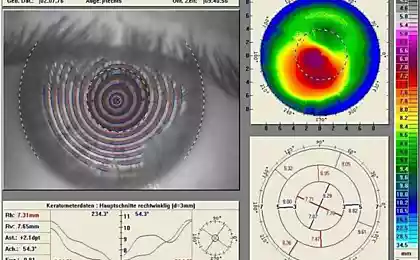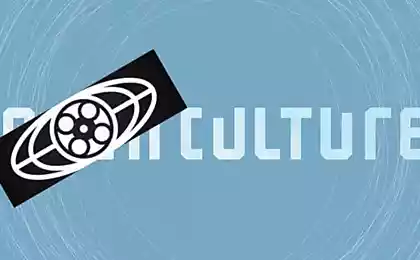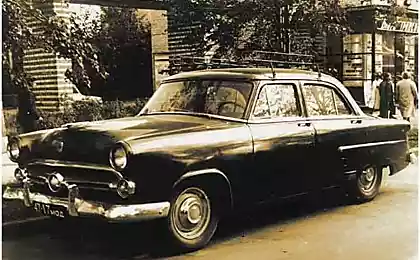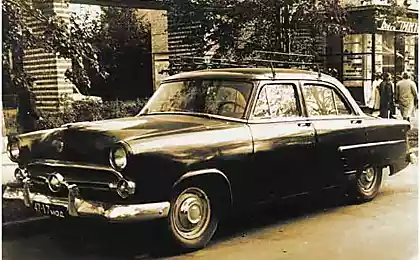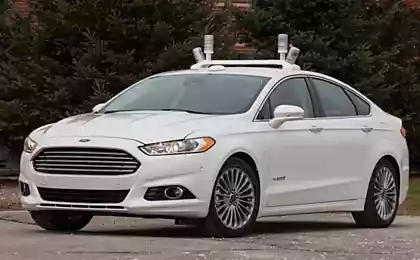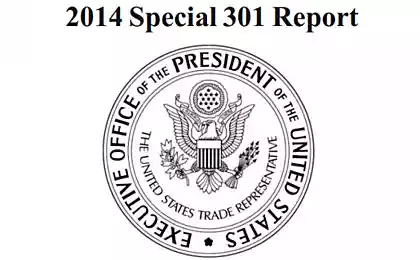1330
Ford «runs" into independent developers diagnostics
If you buy a car or other device, it is logical to assume that get the whole thing in their property, have the right to modify the car to your liking, to understand the mechanisms of its work. However, Ford Motor thinks otherwise.
Michigan corporation filed a lawsuit against the company Autel, a third-party automotive diagnostic tools. She is accused of issue diagnostic tool, which contains a list of parts and specifications Ford (file FFData). Carmaker declares that retains the copyright on this list, so competitors can not include it in their diagnostic tools.
Furthermore, Autel accused of violating Digital Millennium Copyright Act (DMCA) into the writing program that bypasses proprietary "encryption technology and obfuscation." Ford uses it to protect access to FFData.
Autel Intelligent Technology Co. - Chinese corporation, it has a US subsidiary Autel US Inc.
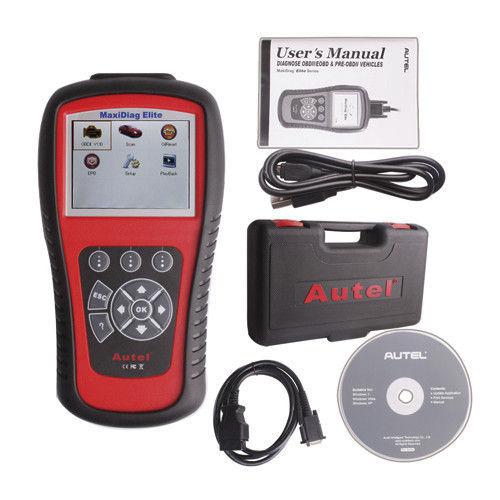
Scanner Autel Maxidiag Elite MD703 OBD2 i>
Lawyers Electronic Frontier Foundation (EFF) считают Ford questionable chances of winning in this case. The simple facts and data can not be protected by copyright, but sometimes you can protect copyrights compilation (compilation), if they are creative enough. "It does not appear that Ford opened a new page of creativity when deciding which parts to include in the catalog and in what order," - writes the EFF.
However, the "Ford" is the ace in the hole. Of the statement of claim, it follows that it has included in the list of FFData some non-existent parts, inventing their names. But it is unlikely such a "creativity" will be enough to win in court.
As a precedent, the case can act Feist v. Rural , which reached the US Supreme Court and which were set certain boundaries of what is considered creative. The court acknowledged that copyright does not apply to telephone directory (name, city and phone numbers of all the company's subscribers in alphabetical order).
If the court finds that the file contains nothing FFData-protected content, then there is also the chance to escape the responsibility under the law DMCA, according to lawyers Electronic Frontier Foundation. They say that tour i> to protect information that is subject to the free flow, not a violation of DMCA in the interpretation of most ships.
One way or another, but this case is another example of how the legislation on copyright and related rights is used to put pressure on competitors. In addition, we are dealing with such a combination of the DMCA and copyright rules, which makes it impossible to access information in principle. Indeed, in this situation, we can not attempt to circumvent security - who knows if that is protected information is covered by copyright, then we become criminals after the fact.
Source: geektimes.ru/post/244091/
Michigan corporation filed a lawsuit against the company Autel, a third-party automotive diagnostic tools. She is accused of issue diagnostic tool, which contains a list of parts and specifications Ford (file FFData). Carmaker declares that retains the copyright on this list, so competitors can not include it in their diagnostic tools.
Furthermore, Autel accused of violating Digital Millennium Copyright Act (DMCA) into the writing program that bypasses proprietary "encryption technology and obfuscation." Ford uses it to protect access to FFData.
Autel Intelligent Technology Co. - Chinese corporation, it has a US subsidiary Autel US Inc.

Scanner Autel Maxidiag Elite MD703 OBD2 i>
Lawyers Electronic Frontier Foundation (EFF) считают Ford questionable chances of winning in this case. The simple facts and data can not be protected by copyright, but sometimes you can protect copyrights compilation (compilation), if they are creative enough. "It does not appear that Ford opened a new page of creativity when deciding which parts to include in the catalog and in what order," - writes the EFF.
However, the "Ford" is the ace in the hole. Of the statement of claim, it follows that it has included in the list of FFData some non-existent parts, inventing their names. But it is unlikely such a "creativity" will be enough to win in court.
As a precedent, the case can act Feist v. Rural , which reached the US Supreme Court and which were set certain boundaries of what is considered creative. The court acknowledged that copyright does not apply to telephone directory (name, city and phone numbers of all the company's subscribers in alphabetical order).
If the court finds that the file contains nothing FFData-protected content, then there is also the chance to escape the responsibility under the law DMCA, according to lawyers Electronic Frontier Foundation. They say that tour i> to protect information that is subject to the free flow, not a violation of DMCA in the interpretation of most ships.
One way or another, but this case is another example of how the legislation on copyright and related rights is used to put pressure on competitors. In addition, we are dealing with such a combination of the DMCA and copyright rules, which makes it impossible to access information in principle. Indeed, in this situation, we can not attempt to circumvent security - who knows if that is protected information is covered by copyright, then we become criminals after the fact.
Source: geektimes.ru/post/244091/


